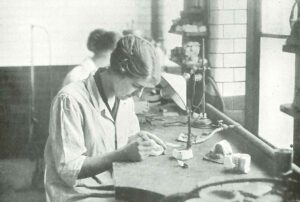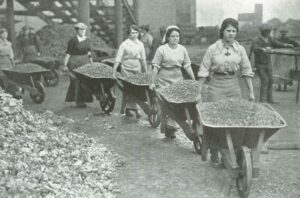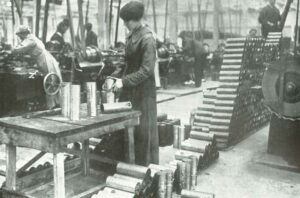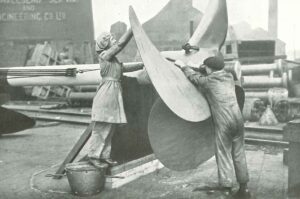On March 8th we celebrate International Women’s Day, a global day celebrating the social, economic, cultural, and political achievements of women. A national holiday in several countries worldwide; including China, Russia, Laos, Ukraine, Afghanistan, and Uganda – International Women’s Day has been celebrated for over a century, with the first official IWD gathering taking place in 1911 supported by over a million people.
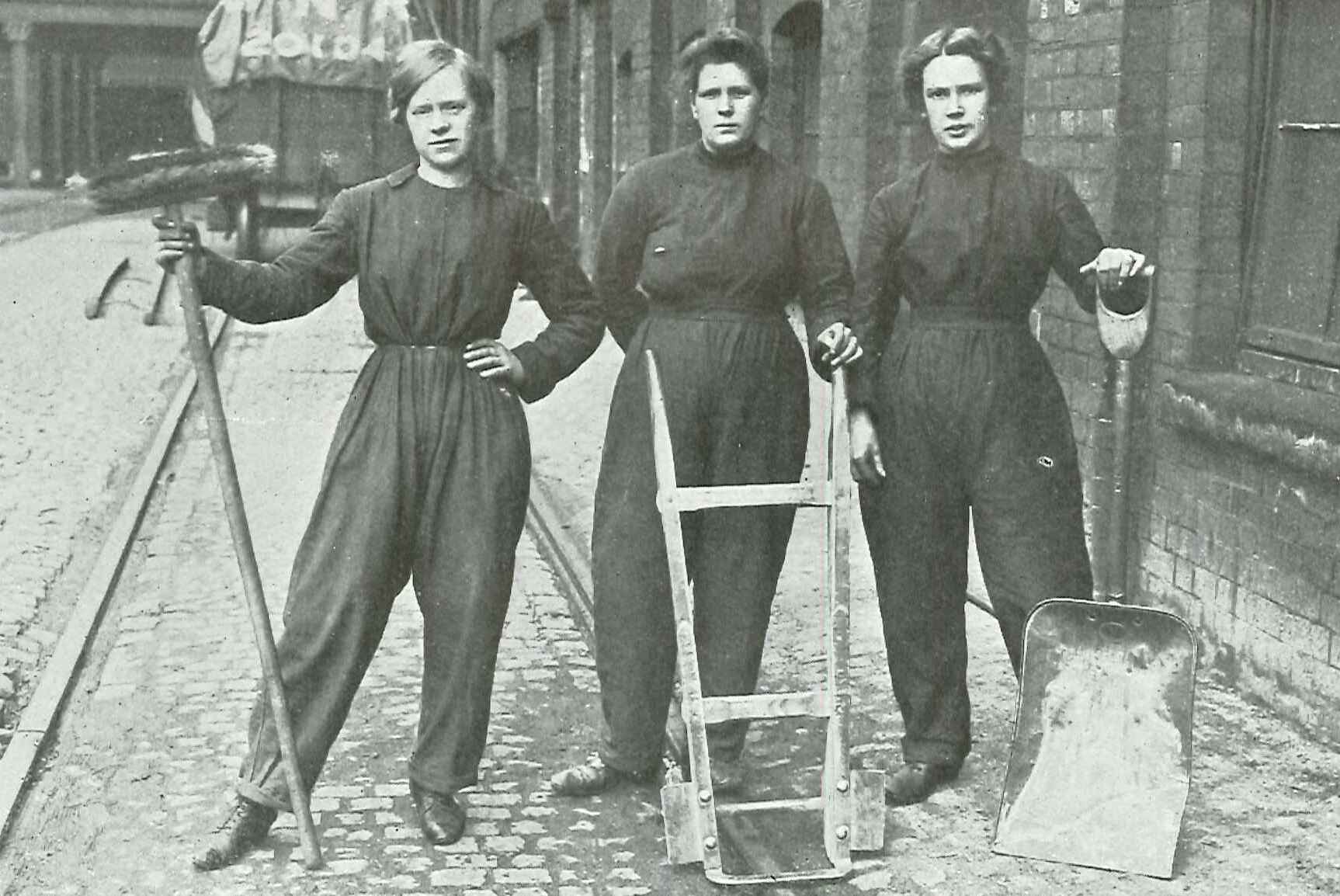
Background
Its early roots stem from the America Socialist Party in 1909, who took to the streets to protest the inhumane working conditions of garment workers. A woman named Clara Zetkin (Leader of the ‘Women’s Office’ for the Social Democratic Party in Germany) put forth the idea of an International Women’s Day. She proposed that every year, in every country there should be a celebration on the same day – a Women’s Day – to press for the demands of women.
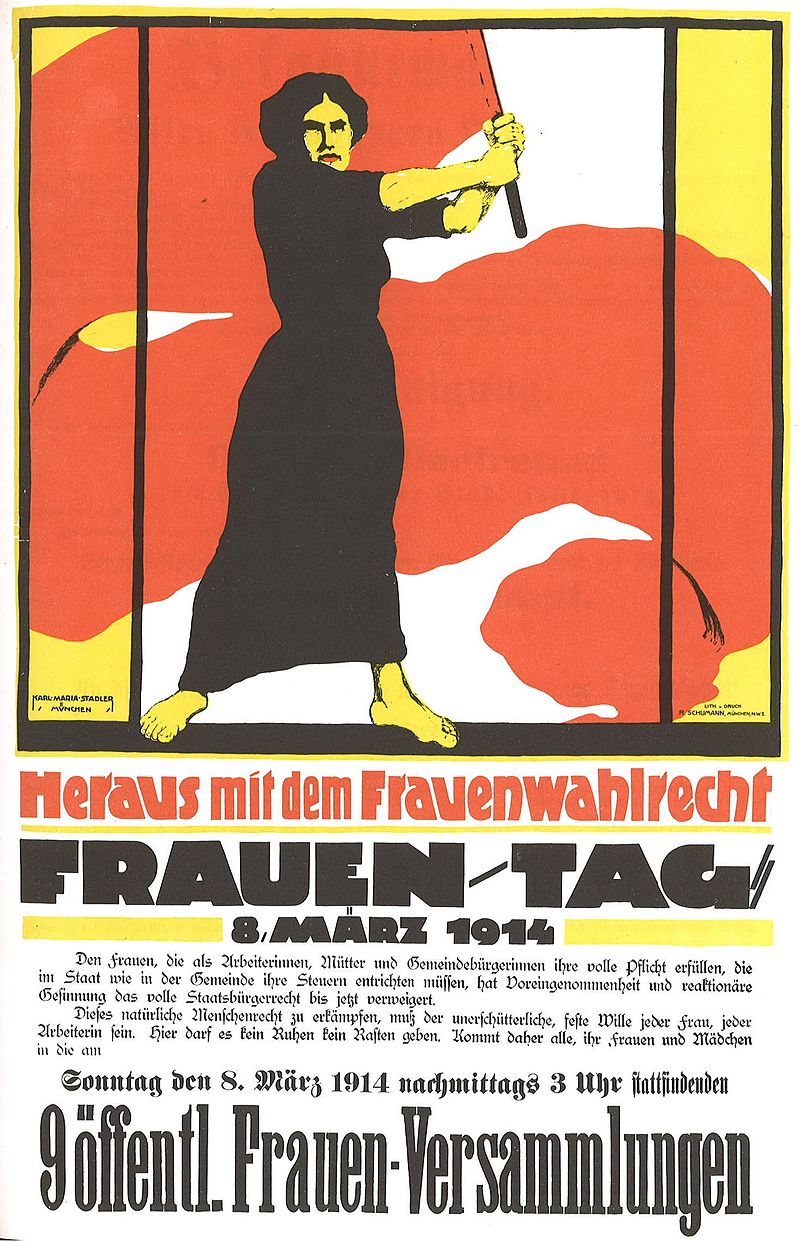
Frencia, Cintia; Gaido, Daniel (March 8, 2017). “The Socialist Origins of International Women’s Day”. Jacobin.
Adopted by the United Nations from 1975, the UN has invited member states to proclaim 8th March as an official holiday for women’s rights and world peace.
Themes
In 2022 the UN theme is ‘gender equality today for a sustainable tomorrow’, which will highlight the contribution of women and girls around the globe who participate in their communities to build a more sustainable future for all. More widely people are being encouraged to ‘#BreakTheBias’, celebrate women’s achievements, raise awareness against bias, and take action for equality.
Some previous themes have included: ‘I am generation equality: Realising Women’s Rights’, ‘Think equal, build smart, innovate for change’, and #ChooseToChallenge. In recent years, at a local level, WAND (Women’s Action Network Dorset) has set up International Women’s Day events giving local women a space to share skills, inspire one another and celebrate achievements.
Inspirational women
Many examples of inspirational women can be found in the archive; from sculptor Elisabeth Frink (D-FRK), to palaeontologist Mary Anning, and ceramic designer Truda Carter (D-PPY) to name a few, whose accomplishments are there to explore.
Perhaps lesser known, are the women in the Blandford Forum Borough Collection (DC-BFB). Women who took on jobs vacated by men, who went on to fight in the First World War. There are some fantastic images of the women taking on traditionally male roles showing the breadth of skills they brought to the war effort.
The Dorset Sound Archive has some interesting recordings focused on women – there are oral history interviews with inspirational local women, who talk about their memories of service in the Women’s Royal Naval Service in Weymouth (during the Second World War). Including memories of their preparations for the D-Day landings, DSA/100/1/1.
Why not have a dip into the archive and see what else there is to discover during women’s history month!


